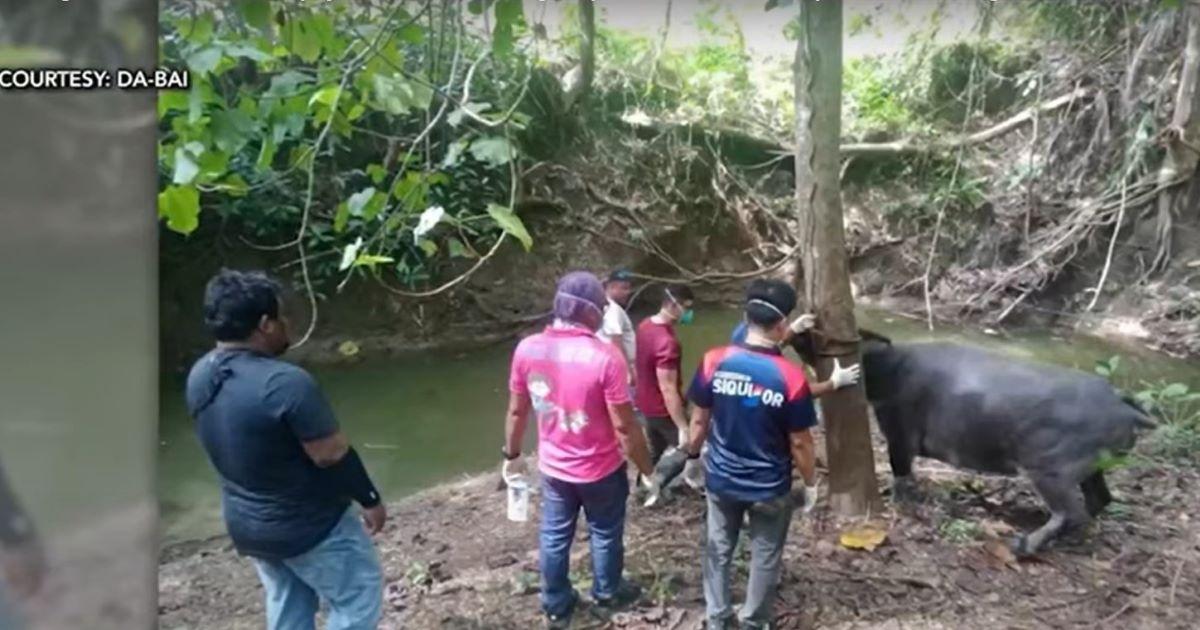Siquijor on Alert: Melioidosis Cases Spur Urgent Response from DOH and DA

Siquijor, Philippines – Residents of Siquijor are being urged to take precautions following the recent confirmation of melioidosis cases within the province. The Department of Health (DOH) and the Department of Agriculture (DA) are working together to address the situation, providing guidance and support to local authorities and the public.
Understanding Melioidosis
Melioidosis, also known as “Burkholderia pseudomallei” infection, is a rare but potentially serious infectious disease caused by the bacterium Burkholderia pseudomallei. It’s naturally occurring in soil and water, particularly in tropical climates like the Philippines. Exposure typically occurs through contact with contaminated soil or water, or by inhaling contaminated dust or aerosols. While infection is relatively uncommon, it can lead to pneumonia, septicemia (blood infection), and other severe complications. Symptoms can vary widely and may include fever, cough, headache, muscle pain, and skin ulcers.
The Situation in Siquijor
The DOH has confirmed that several cases of melioidosis have been identified in Siquijor. While the exact number of cases is still being determined, the authorities are taking the situation seriously. Immediate steps are being taken to investigate the source of the infection and implement preventative measures. The DA is assisting by analyzing soil and water samples to identify potential contamination hotspots.
Government Response and Public Health Measures
The DOH and DA’s collaborative response includes:
- Enhanced Surveillance: Increased monitoring of potential cases within the province.
- Laboratory Testing: Rapid and accurate diagnosis of suspected cases.
- Public Awareness Campaigns: Educating the public about melioidosis, its risks, and preventative measures. This includes distributing information through local media, community meetings, and healthcare facilities.
- Water Quality Testing: The DA is conducting tests to determine if there is widespread contamination of water sources.
- Soil Sampling: Collecting soil samples to identify areas with high bacterial concentrations.
- Guidance for Healthcare Professionals: Providing updated clinical guidelines for the diagnosis and treatment of melioidosis.
Protecting Yourself and Your Family
While melioidosis is rare, residents of Siquijor are advised to take the following precautions:
- Avoid contact with soil and stagnant water: Especially after heavy rainfall.
- Wear protective clothing: When working in gardens or areas with potential soil contamination.
- Wash hands frequently: With soap and water, especially after being outdoors.
- Boil water: Before drinking, particularly if from untreated sources.
- Seek medical attention: If you experience any symptoms suggestive of melioidosis, such as fever, cough, or skin lesions.
Looking Ahead
The DOH and DA remain committed to containing the spread of melioidosis in Siquijor. Ongoing monitoring, public health education, and collaborative efforts will be crucial in protecting the health and well-being of the community. Further updates will be provided as the situation develops. Residents are encouraged to stay informed and follow the guidance of health officials.





